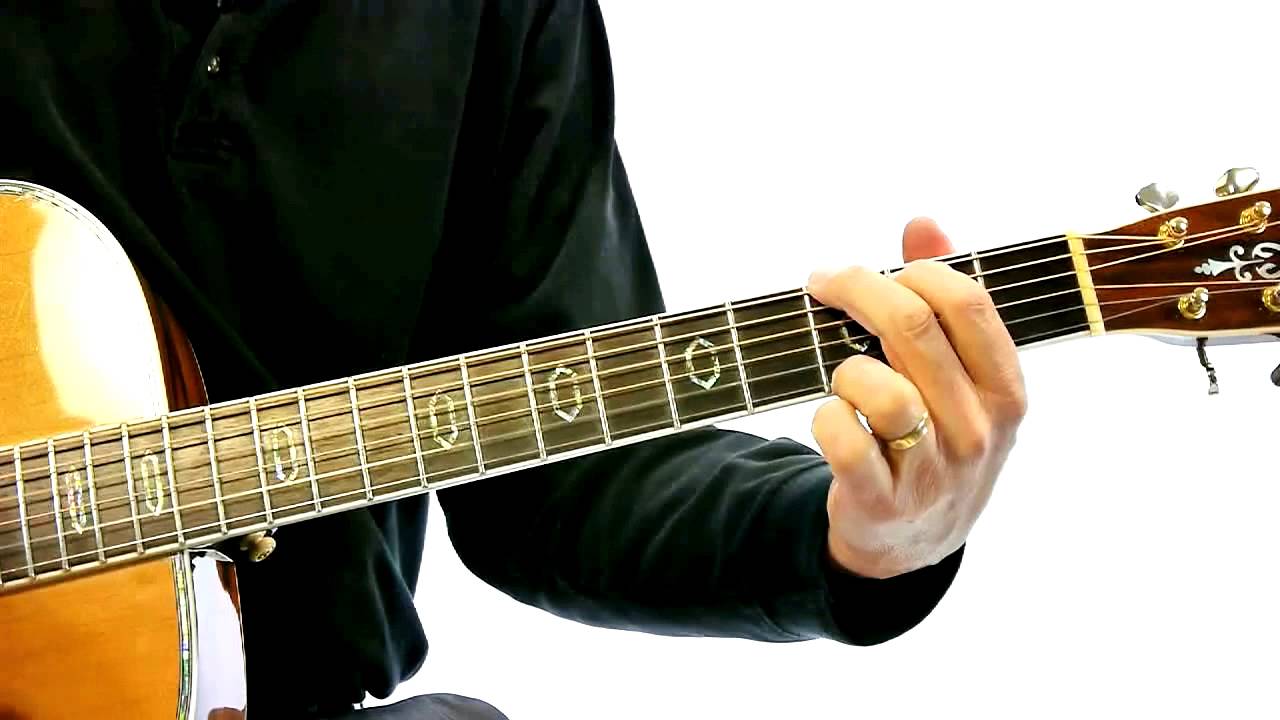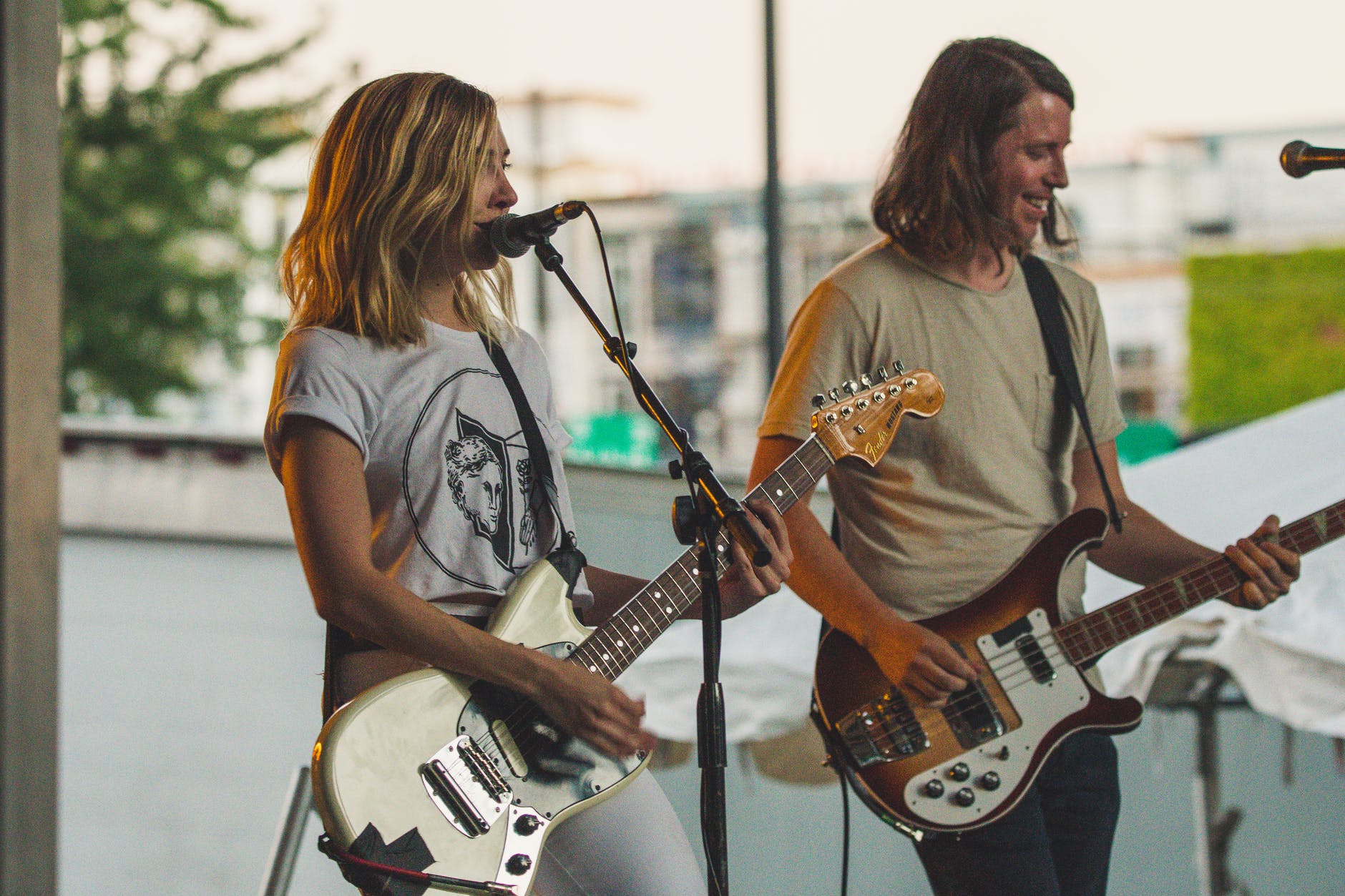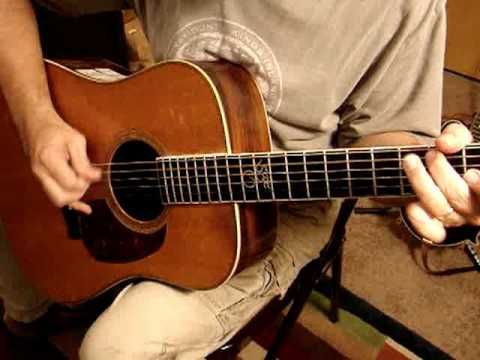How To Practice Music
We’ve all been there – you want to improve your playing or singing, you know that the way to achieve this is practice, you are committed and have made the time but you sit down with your instrument (and metronome!) and wonder – where do I start, and how do I make the most of my time?
After reading about the extreme practice habits of famous musicians (and yes, spending precious time I could have used for practice!) – Louis Armstrong at the peak of his career said he needed at least three hours of practice just to keep his chops up and Slash is said to have carried his guitar with him everywhere and practiced over ten hours a day – I have often gone down the rabbit hole of measuring my practice in minutes and hours, keeping tabs on how long I’d spent practicing when what I really should have been tracking was what I had learned and how I had improved. This of course can be hard and it’s always tempting to measure the things that are easy to measure.
How to practice guitar chords for beginners
The good news is that it time is not the most important ingredient to successful practice but other things are: focus, consistency, listening and most of all – your enjoyment!
So here are a few of our best tips to make the most of your practice:
⁃Make it a habit: five minutes every day is better than 35 minutes once a week. If you can, try to find a regular time of day that works for you, ideally in the morning – Chet Atkins used to say that his morning practice (he used to pick up his guitar even before morning coffee and cigarettes) was always wroth more than anything he did during the rest of the day
⁃Set your expectations low: this sounds counterintuitive but it’s much more motivating and rewarding to plan to practice for five minutes a day and consistently go on for ten than to plan a three hour session and skip it altogether. Try setting a timer for however long you think can spend practicing and stop when the time is up – you’ll be much more motivated to go back and finish that piece your nearly cracked the day before knowing you are facing a manageable session than if you are burned out after a long session!
⁃Structure: try to split your practice session into a few distinct parts – I like to start with a warm-up drill to get my fingers moving (ideally with a metronome – whatever you practice, you will get much more ‘bang for your time’ with a metronome than without!) maybe a scale pattern I’m trying to learn or a mixed up chromatic scale, then move onto something new you are trying to learn – a new song or tune, riff – and always aim to play the whole piece through, eventually. Finally – let loose! Play what you want to play and enjoy it, that’s why you got into it in the first place so
⁃Listen: as they say, music is 80% listening so try to record yourself – I guarantee you will disappointed by what you hear the first time (don’t beat yourself up, just think about how it sounds when you hear a recording of your own voice!) but, just as using a metronome this will turbo-boost the efficiency of your time. Try to listen for what you like and don’t like in your playing, what’s working and what it’s, and consciously address it. Results will follow very quickly!
⁃Mix it up: boredom can be a silent killer so don’t worry too much about mastering anything with too much repetition – you will constantly improve as long as you keep at it, even if you are moving onto something very different – I still go back to pieces I learned as a teenager and am able to play them better simply because of all the other, often completely different things I learned along the way
And most important of all – have fun and play what you want to play!



